Introduction to Solid Cast Pig
Solid cast pigs excel in pipeline cleaning by effectively removing accumulated deposits, scale, and other debris. This action helps prevent blockages and corrosion, ensuring smoother pipeline operations. Their robust design makes them highly effective in tackling tough build-ups that can impair the function and safety of the pipeline system.
In fluid batching, operators use solid cast pigs to separate different batches of fluids or gases within the pipeline. This separation ensures minimal cross-contamination between consecutive batches. As a result, the purity of each product batch remains intact, enhancing the quality and reliability of pipeline transport.
During pipeline commissioning or decommissioning, solid cast pigs play a crucial role in displacement. They clear existing fluids from the lines, preparing the system for new products or routine maintenance. This process is essential for maintaining pipeline integrity and operational readiness, allowing seamless transitions between different operational phases.
| Polyurethane material specification: | ||
| NO. | Factory inspection main indicators | Cup/DISC |
| 1 | 20℃Hardness(SHORE A) | 85±2 |
| 2 | Tensile strength (MPa) | 51.7 |
| 3 | 100%stress at definite elongation (MPa) | 4.8 |
| 4 | 300%stress at definite elongation (MPa) | 9.2 |
| 5 | Tensile set (%) | 780 |
| 6 | Tear strength (KN/m) | 73 |
| 7 | Impact resilience (%) | 32 |
| 8 | DIN abrasion (mm²) | 35 |
Features
| Product Name: Solid Cast Pig |
| Brand: EMT |
| Model: SCP-C |
| Material: Polyurethane |
| Sizes: 2” to 48” |
| Hardness: usually 80-85 Duro |
| Design Pressure: 0.2MPa |
| Payment Terms: TT/LC |
| Warranty: 1.5 years |
Material Composition: Typically constructed from high-density polyurethane, solid cast pigs offer excellent wear and abrasion resistance.
Single-Piece Construction: As the name suggests, manufacturers cast these pigs as a single solid block, enhancing their structural integrity and durability.
Customizable Designs: Operators can equip them with various functional features such as cups, discs, blades, or brushes, tailored to specific cleaning or separation tasks.
Flexibility: Despite their solid construction, designers make them flexible enough to navigate pipeline bends and diameter changes.
Applications
Solid cast pigs excel in pipeline cleaning by effectively removing accumulated deposits, scale, and other debris. This action helps prevent blockages and corrosion, ensuring smoother pipeline operations. Their robust design makes them highly effective in tackling tough build-ups that can impair the function and safety of the pipeline system.
In fluid batching, operators use solid cast pigs to separate different batches of fluids or gases within the pipeline. This separation ensures minimal cross-contamination between consecutive batches. As a result, the purity of each product batch remains intact, enhancing the quality and reliability of pipeline transport.
During pipeline commissioning or decommissioning, solid cast pigs play a crucial role in displacement. They clear existing fluids from the lines, preparing the system for new products or routine maintenance. This process is essential for maintaining pipeline integrity and operational readiness, allowing seamless transitions between different operational phases.
Benefits of Using Solid Cast Pig
High Durability: The robust construction allows these pigs to travel long distances repeatedly, enduring various pipeline conditions without significant wear.
Efficient Cleaning and Separation: They perform effectively in cleaning operations and fluid separation, maintaining high standards of pipeline hygiene and operational efficiency.
Cost-Effectiveness: Solid cast pigs reduce the need for frequent replacements and minimize reliance on chemical cleaners, offering a more economical solution for pipeline maintenance.
Further Introduction
Solid cast pigs, with their robust single-piece construction, offer indispensable benefits across various pipeline applications. Primarily, they shine in pipeline cleaning, where they effectively clear away deposits, scale, and debris. This cleaning is crucial for preventing blockages and mitigating corrosion, which can compromise pipeline integrity and efficiency. Their ability to maintain clean pipes ensures that the flow of materials remains uninterrupted, enhancing the overall reliability of pipeline operations.
Additionally, solid cast pigs excel in fluid batching processes within pipelines. Operators deploy these pigs to segregate different batches of fluids or gases, preventing cross-contamination. This segregation is vital in industries like oil and gas, where maintaining the purity of substances is essential for quality control and compliance with safety standards. The precision with which these pigs operate allows for efficient and effective separation, safeguarding the integrity of each batch.
Moreover, solid cast pigs are invaluable during the commissioning and decommissioning of pipelines. They displace old fluids and clear out debris, preparing the pipeline for new products or safe maintenance and inspection. This displacement is critical to avoid mixing products or contaminating new batches, ensuring that the pipeline system functions optimally from start to finish.
Solid cast pigs also adapt well to various pipeline configurations. Despite their sturdy construction, they are designed to navigate through bends and changes in diameter without losing effectiveness. This flexibility ensures that they can operate in diverse settings, making them suitable for a wide range of pipeline systems.
In conclusion, solid cast pigs are versatile tools that enhance pipeline efficiency, safety, and maintenance. Whether it’s cleaning, batching, or displacing fluids, their applications are crucial to the smooth operation of pipeline systems in numerous industries. Their reliability and adaptability make them a preferred choice for ensuring optimal pipeline performance.


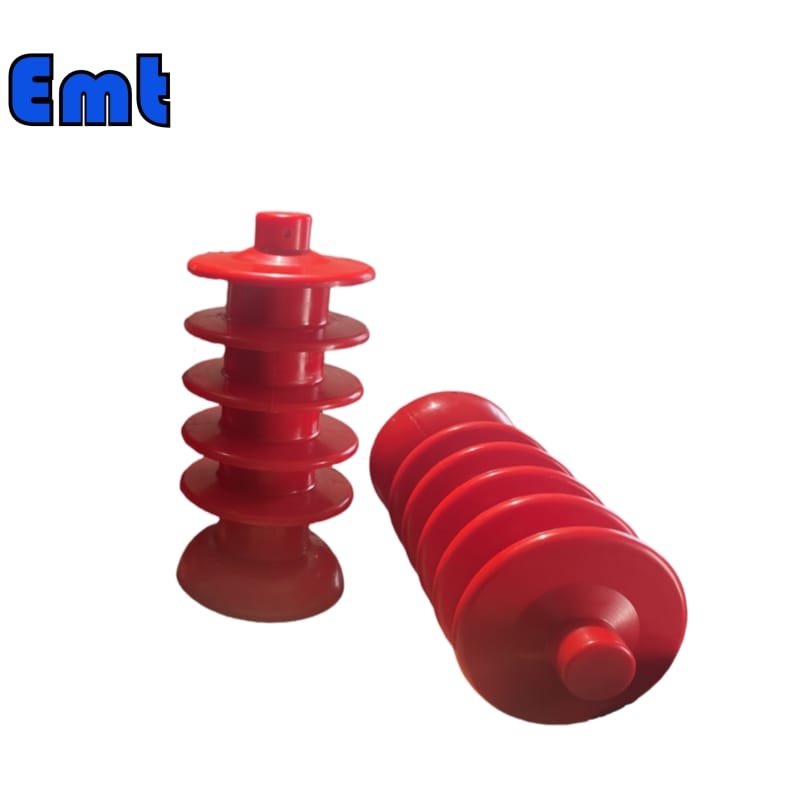
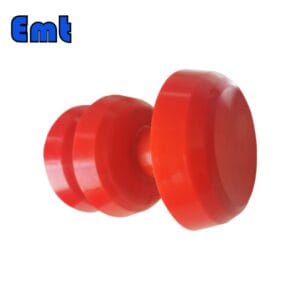
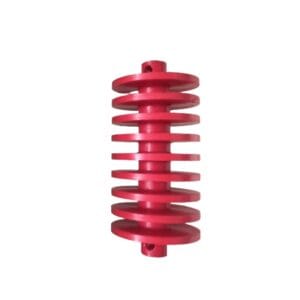
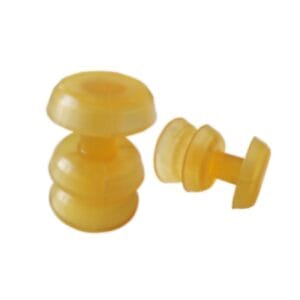
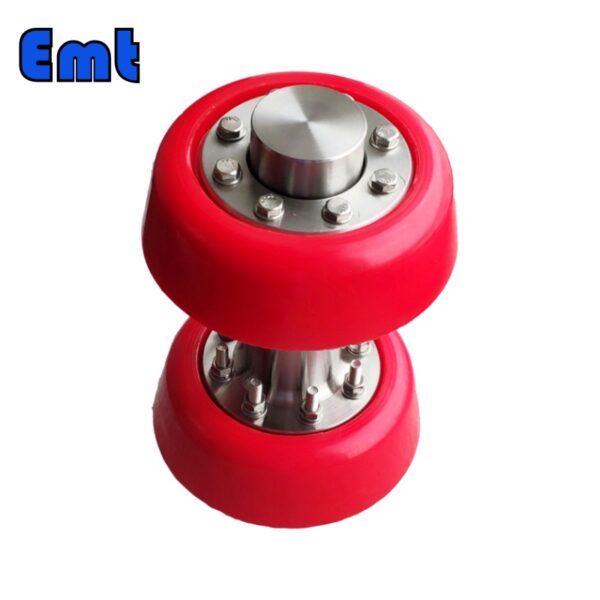
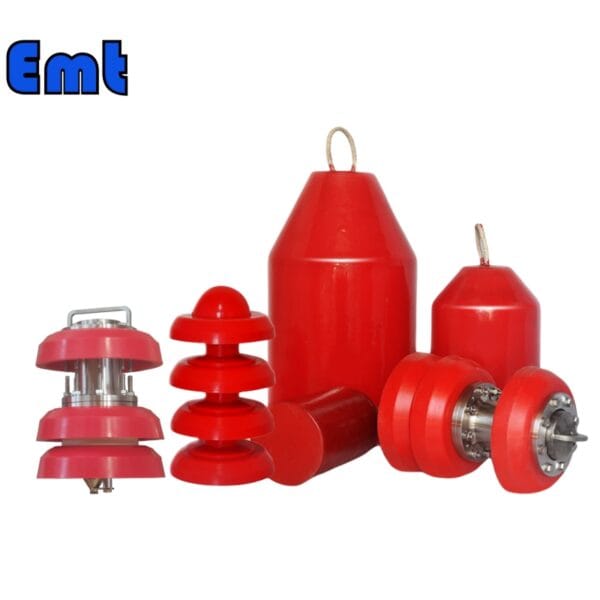

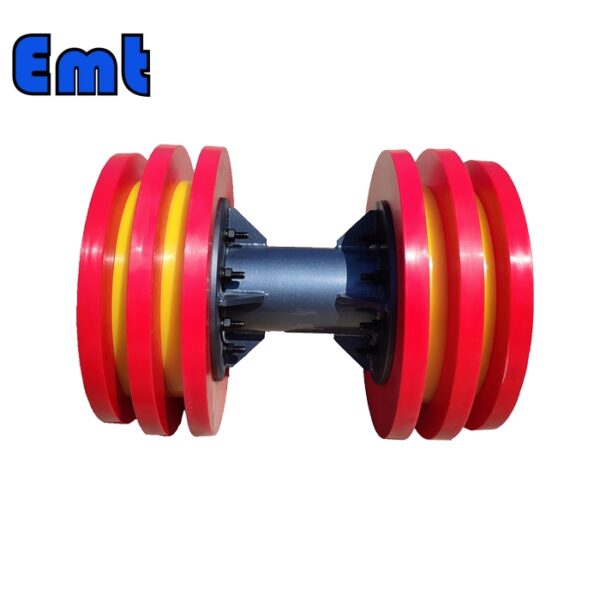
There are no reviews yet.